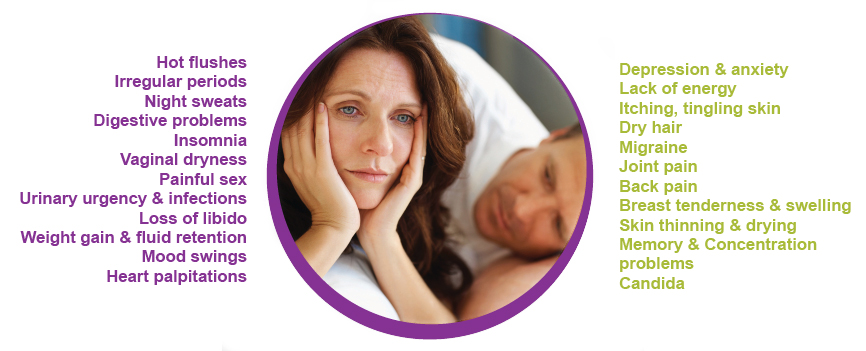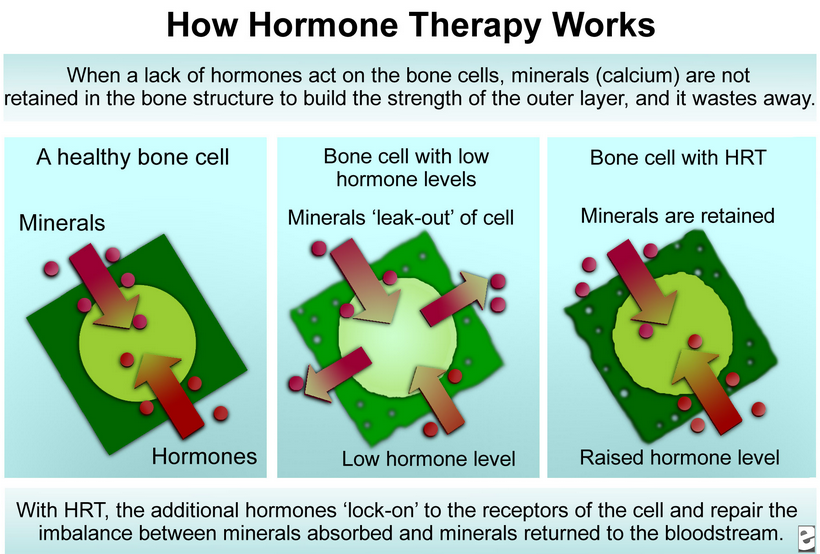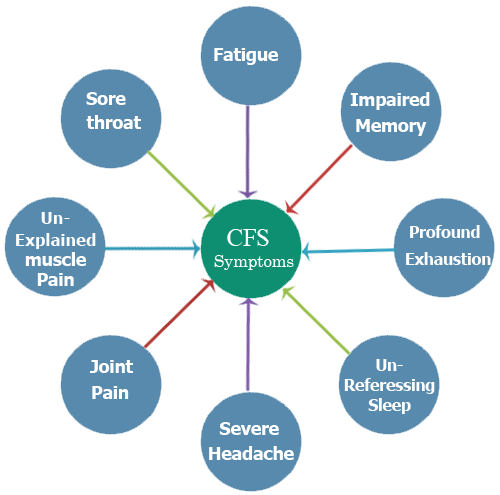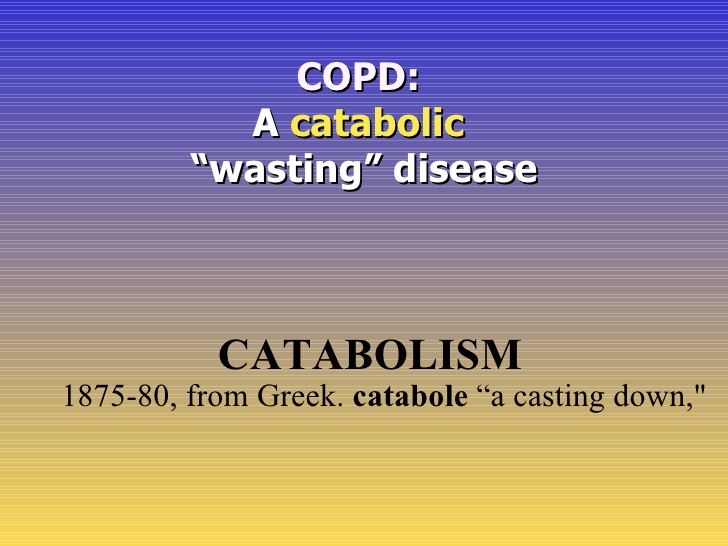All About Menopause Symptoms, Diagnosis & Treatment
Menopause Symptoms, Diagnosis & Treatment
Menopause is a stage in life. That said when it occurs at the right time it is normal and hence not a disease. Menopause refers to the time when a woman’s menstrual periods stop and her ovaries stop releasing ova. A woman is considered to have hit menopause once she has gone a year without having a menstrual period. The normal menopause should be happening between 40-60 years of age. However most women hit menopause at 50 years of age. As menopause approaches the menstrual periods become irregular and the flow may either become thicker or lighter however it is not mandatory that these changes must accompany menopause.
Menopause is a normal process that should not cause any reason to worry, however there is also premature menopause. Premature menopause occurs before the age of 40 and can be caused by a variety of things, such as removal of the ovaries, autoimmune disorders, endocrinological reasons, or cancer therapy. Medical interventions, such as a hysterectomy –removal of the uterus may also prevent menstruation. If the ovaries are removed as well, production of the hormones estrogen and progesterone are stopped, causing the symptoms of menopause. Premature menopause should be treated as soon as possible as it may affect negatively the health of a woman.

Signs and symptoms of menopause
In most cases when a woman is approaching menopause her bleeding patterns will change. The flow may become lighter or heavier, longer or shorter, the time between periods may increase and there may be occasional missed periods. These changes may occur gradually in some women, but in other women they occur more abruptly. Apart from this change in bleeding patterns, there are also other physical and psychological signs and symptoms associated with menopause. In some women they are very mild while in others they are more severe. The symptoms may last for only a few months, or may continue for several years. The average length of time for menopausal symptoms to be experienced is three to five years.
Physical signs and symptoms may include:
- Headaches
- Joint and bone pain
- Palpitations
- Unusual skin sensations
- Hot flushes
- Sweating at night
- Tiredness
- Vaginal dryness. Note that during menopause there might be occurrence infections of the urinary tract and vagina due to the thinning of the vagina and bladder walls.
Psychological signs and symptoms may include:
- Loss of confidence
- Forgetfulness
- Difficulty sleeping
- Anxiety
- Reduced interest in sex
- Irritability and mood swings
- Difficulty concentrating
Causes of Menopause
Menopause is a very normal process that marks an end of a given lifestyle of a woman. When born a woman has ovaries that are to produce ovum when the right time comes. The release of these ova however has to be controlled by some hormones such as the Follicle stimulating hormone (FSH) and luteinizing hormone (LH) which are secreted by the pituitary gland as part of the normal menstrual cycle. The main work of these hormones is to stimulate the ovary to produce estrogen and progesterone and to release an ovum. As a woman ages, her ovaries don’t respond to FSH or LH as strongly as they used to. Over time, less and less estrogen and progesterone are produced and the woman stops releasing ovum hence the menstrual cycle ceases.
Premature menopause however is a cause for concern. If a woman cannot go through her periods before 40 then she needs to be helped. Premature menopause can be genetic or it can be caused by autoimmune diseases. These diseases produce antibodies that can damage the ovaries. Surgical removal of the ovaries causes artificial menopause, as can chemotherapy or radiation therapy to the pelvis to treat cancer. Different diseases may cause menopause in relation to the way they are treated for example in a case where an ovary is to be surgically removed the woman may become menopausal at an age below 40 which is considered premature menopause.

Menopause is a natural process that should not be treated, however it comes with certain symptoms that must be addressed medically to calm. One of the popular ways of fighting symptoms associated with menopause is the menopause hormonal therapy (MHT). MHT was initially known as hormone replacement therapy (HRT). It involves taking the hormones estrogen and progesterone. MHT can be very good at relieving moderate to severe menopausal symptoms and preventing bone loss. But MHT also has some risks, especially if used for a long time. MHT has been found to be very effective in reducing hot flashes and night sweats, poor sleep, irritability, treating vaginal symptoms, such as dryness and discomfort and pain during sex. Menopause hormonal therapy also helps in slowing bone loss and easing mood swings and depression that are common to women who have hit menopause.
As said earlier MHT has some risks too. It may cause the following;
- Blood clots
- Heart attack
- Stroke
- Breast cancer
- Gall bladder disease
A woman’s health is controlled by the hormones, any decline in the levels of estrogen hormones may cause undesired effects on the health of a woman. To be safe from severe symptoms of menopause you need to Request Menopause Treatment Information Today. Contact Dr. Dalal Akoury by calling her on (843) 213-1480. She will surely be able to give a helping hand.
All about Menopause Symptoms, Diagnosis & Treatment








 The estrogen hormone plays crucial roles in the life of a woman. Among other things this hormone is responsible for the maintenance of
The estrogen hormone plays crucial roles in the life of a woman. Among other things this hormone is responsible for the maintenance of 




 Understanding Xenoestrogens And Breast Cancer
Understanding Xenoestrogens And Breast Cancer









 A number of
A number of 







